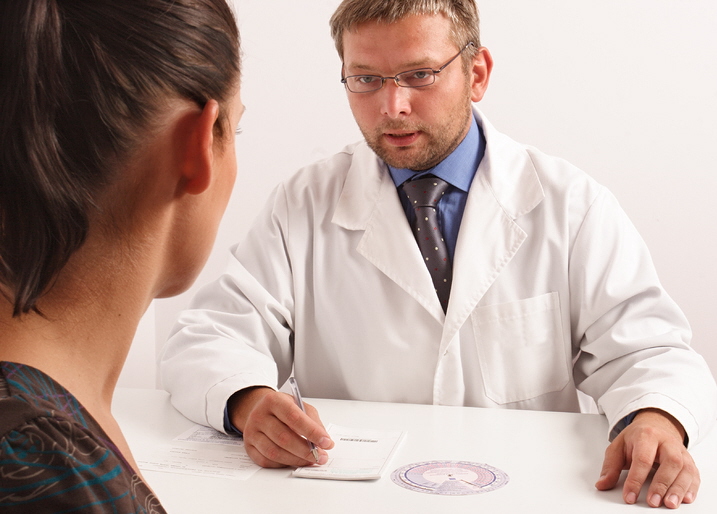Diagnosis of Hemorrhoids
Typically, everyone has internal hemorrhoids, but they are not commonly observable, they do not pose a problem or a threat to health and they usually remain out of sight and shows now warning signs. You may not believe it, but about 15 million people from around the globe are bothered by wearisome hemorrhoids year after year.
When the hemorrhoids do originally show symptoms, the typical response is one of alarm, fear, and anxiety.
Suddenly, ones good-looking base has the insides appear as if they are tearing apart out of it and the hemorrhoids you become noticed of may also pose pain, bristles and irritation like nothing you ever felt before.
For most patients, the anxiety of seeing blood smudges all of a sudden, out of extreme unbearable pain from a thrombosed hemorrhoid can be severe.
Luckily, hemorrhoids in reality are inflamed blood veins that for most patients are easily cured or treated.
Even though, having hemorrhoids is fairly embarrassing because it is associated with bowel movements (a private and discreet body action) and our anus (a private body part) you should not be completely embarrassed when you need a medical examination. Doctors are highly trained, especially the colorectal specialists, to deal with the nasty aspects of hemorrhoids.
The issue of embarrassment may be frustrated even more with hemorrhoids, if we think that by some means is caused by anal sex. A person might feel that the doctor will follow a trail of a very personal aspect, and will ask questions with the hemorrhoids. Doctors will not ask questions that are too personal, and it is very unethical if they will give prejudice to your condition.
In reality, the problem of hemorrhoids is so widely known in the medical community that doctors are adequately experienced and skilled to perform a plain rubber band ligation or injections to treat the hemorrhoids, while you are inside a clinic or an operating room, or any kind of hemorrhoid medical treatment for any matter. They probably see patients bearing with hemorrhoids every day and are not usually embarrassed by it from any doctors experience.
Thus, when a person gets over his emotions of embarrassment, viewing that the doctor will never likely get too privy in their inquiries about your hemorrhoids, you may get a sense a relief about visiting your doctor, and seeking out info about hemorrhoids treatment they think is the best for your case most likely a fiber intake to start with.
Another great idea is to jot down the hemorrhoid symptoms, so that when a patient discusses the observations with the doctor, its just a matter of reading the symptoms out. Thus, even if a person was to get a bit disturbed, all the hemorrhoid symptoms can be expressed without the feeling at the end of leaving the clinic with a grudge and a pallid face.
A person not-trained with hemorrhoids may confuse hemorrhoids with anal fissure, or even warts, and even colon cancer. Thus, when you want to get a proper medical attention, you should consult a doctor, since a personal diagnosis can be both difficult and dangerous.


